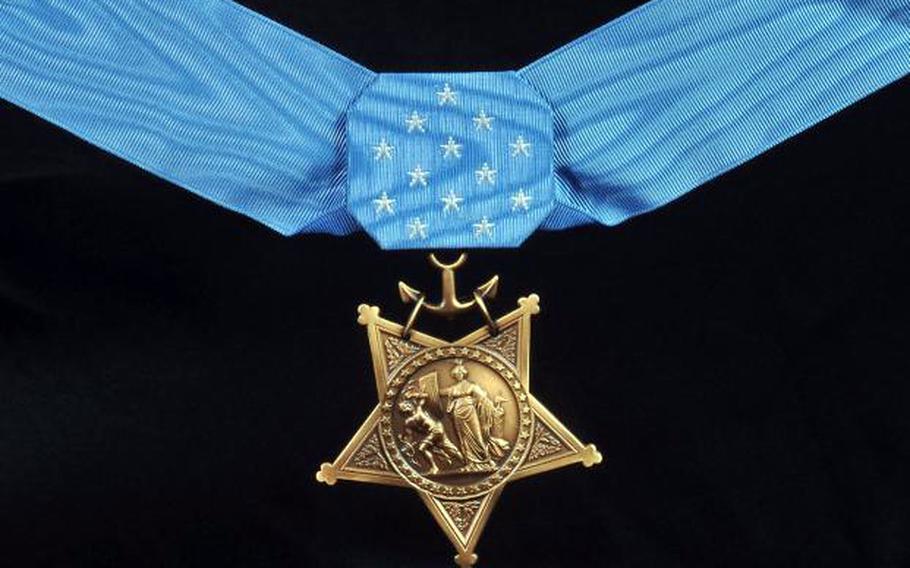
()
WASHINGTON — Minority World War I veterans whose actions during the war were overlooked because of their race or religion could have their service records reviewed to determine whether some of them deserve the Medal of Honor.
The 2020 National Defense Authorization Act, if it is passed and signed into law, would require the service secretaries to re-examine the records of African American, Asian American, Hispanic American, Jewish American and Native American veterans of World War I who earned medals for valor and decide whether any of them should be upgraded to the nation’s highest military honor.
The World War I Valor Medals Review Act spearheaded the effort to review the service records and is included in the final version of the NDAA. The bill was originally introduced in the House in April by Rep. French Hill, R-Ark.
“The World War I Valor Medals Review Act provides an opportunity to correct this injustice for countless American heroes and their families. This bill ensures that minorities who served in World War I are honored with the recognition they deserve on behalf of a grateful nation,” Hill said in a news release after his bill was included in the NDAA, which directs policy and spending plans for the Defense Department.
The review would look at minority veterans who were awarded the Distinguished Service Cross, the Navy Cross, or the Croix de Guerre with Palm awarded by the French government, for actions that occurred between April 6, 1917 to Nov. 11, 1918. The review would also determine whether the Defense Department has records for minority veterans who had been recommended for a Medal of Honor during that time period.
The Valor Medals Review Task Force, a joint project by the World War I Centennial Commission and the George S. Robb Centre for the Study of the Great War at Park University in Parkville, Mo., has identified World War I service records that the service secretaries can use to determine whether they should be reviewed further to be considered for the Medal Of Honor, according to the NDAA conference report.
The review must be finished within five years of the NDAA becoming law, and the secretaries must submit a recommendation to the president for the veterans that they believe should be considered for the Medal of Honor.
In 2014, after a similar review that took 12 years, former President Barack Obama awarded the Medal of Honor to 24 veterans from World War II, the Korean War and the Vietnam War who had been overlooked due to their race or religion. Only three veterans were alive to receive the medal from the president.
“And today we have the chance to set the record straight,” Obama said in the East Room at the White House during the ceremony. “No nation is perfect, but here in America, we confront our imperfections and face a sometimes painful past, including the truth that some of these soldiers fought and died for a country that did not always see them as equal.”
kenney.caitlin@stripes.com Twitter: @caitlinmkenney